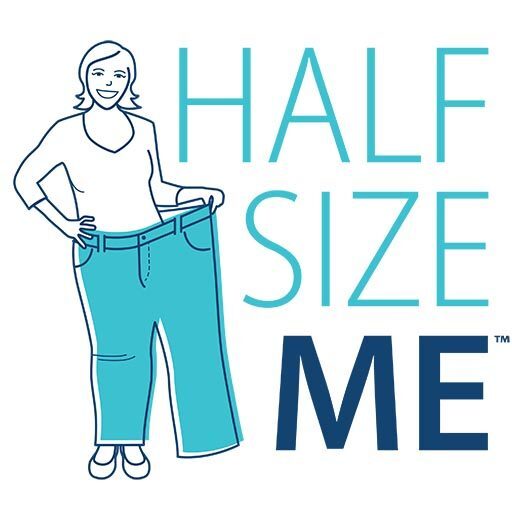 Today, I want to talk to you about a very important topic: time.
Today, I want to talk to you about a very important topic: time.
People keep telling me, “Heather, I don’t want this to take any longer. I don’t want to lose anything less than a pound a week. This process is taking too long. This is taking too much time.”
Time, time, time, time, time.
Let me break this down for you.
I started Weight Watchers back in the summer of 2010; we’re talking five years now. It’s been five years since I graced the entrance of Weight Watchers at 255 pounds. It took me 18 months to lose 108 pounds.
On average, I lost 1.3 pounds per week. I have now been maintaining my weight loss for over three years. I have been maintaining my weight loss longer than it took me to lose it — twice as long — and it was even earlier than that when I started doing it on my own and lost about 60 pounds.
Right now there are programs that promise results in 21 days. That doesn’t impress me. Don’t worry about what’s going to happen in 21 days.
What’s going to happen in 21 months? What’s going to happen in 21 years? Are you going to be eating chocolate cake out of a little square container? Really? How does that fit into your life overall?
Your focus needs to be on how you can eat in a way that you can lose the weight and keep it off. The “keeping it off” piece is what the ultimate goal is. It’s not how fast you can lose it. One of my coaching clients was complaining about it.
She said, “I just want to lose the weight quicker.” I said, “You eat food you like. I could lock you in a chamber somewhere and feed you 1,500 calories and put you on a treadmill, and you could lose this weight. The minute I let you out of that chamber, take you out of that prison, and I put you back into the real world, how are you going to fare?”
This isn’t about locking yourself away in some prison somewhere and losing weight as fast as you can, only to come back into the general population and not know how to navigate through your food. This is why I wrote Breaking the Diet Cycle, and I urge you to read it. It’s free. It’s 23 pages. Read it. Try a different way.
If all that you focus on is how long this process is going to take and the fact that you’re not losing weight “fast enough,” if you’re comparing yourself to other people who are doing more extreme things, it is going to be hard.
You have to take on a maintainer’s mindset. You have to say, “You know, I’ve done these gimmicks enough now. I’ve played around with this stuff enough to know that I can lose weight really, really quickly if I do it, but I’m also going to gain it back.”
If you want long-term success, if you want to keep the weight off longer than it took you to lose it, you must find a way of eating that you can sustain — where you get to have your treats, you get to have your glass of wine, you get to go out with your husband for dinner. Those things have to be a part of it, or it’s not sustainable.
I’m sharing this with you because my heart worries. I worry for you. I don’t want to see you repeat the cycle. I don’t want to see you wasting time. Every time you start something extreme and lose weight, then get off the plan and don’t know what to do next so you gain it all back, you’ve lost time.
It’s better to make small, sustainable habit changes that you can keep up with forever; get to a new, lower body weight, even maintain it for a while; and then continue on. I’m telling you it can be done, with treats and without eating crazy, small amounts of food. You can do this. You just have to find one thing each week or each month that you’re willing to change.
You are going to maintain your weight loss so much longer than it took you to lose it. To me, that 18 months was a blink. It really was. It went by so fast. I promise you, if you just do the work, show up every day and do what you can do, you can get to your goals.
How will you stay focused on your ultimate goals?
Comment below or on Facebook and share the small steps you’re taking today to lose weight in a way that you can maintain down the road.
